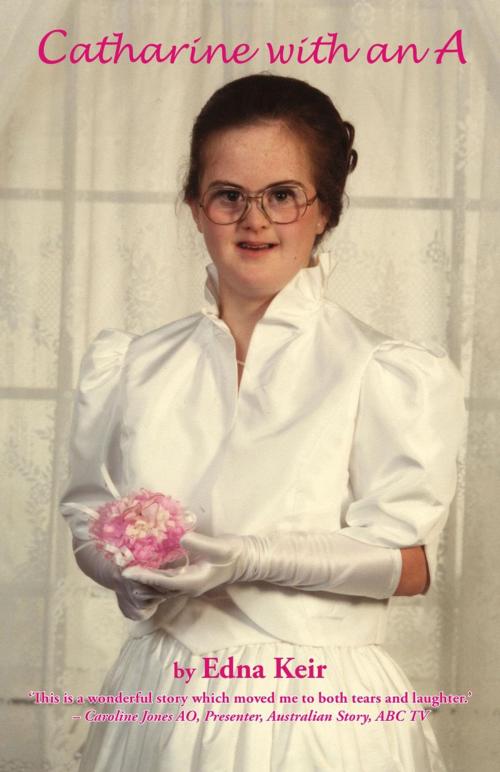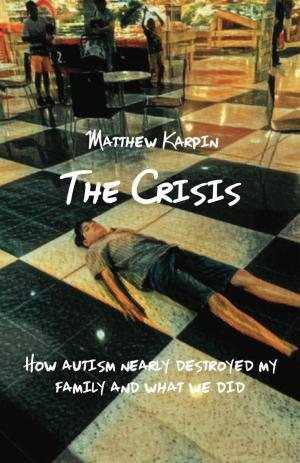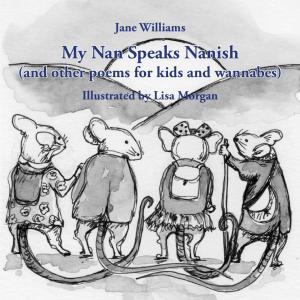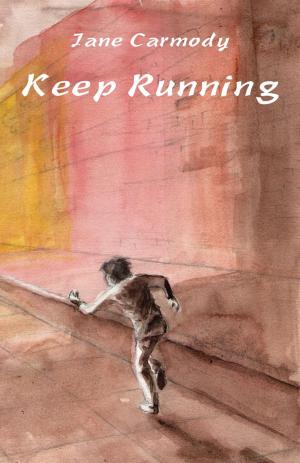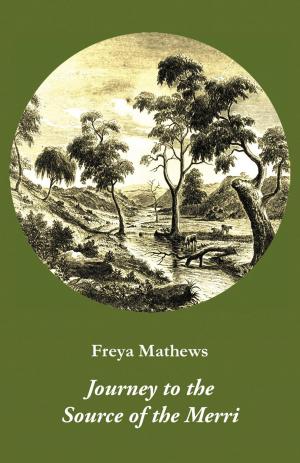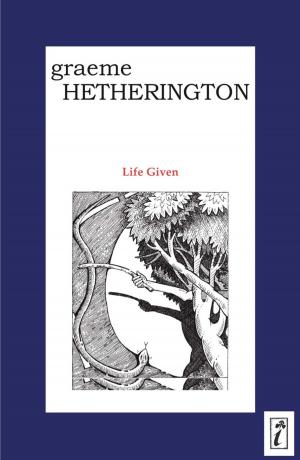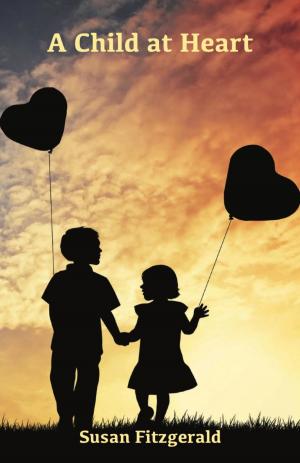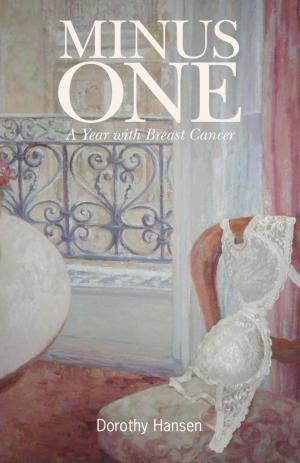| Author: | Edna Keir | ISBN: | 9781760411558 |
| Publisher: | Ginninderra Press | Publication: | June 8, 2016 |
| Imprint: | Ginninderra Press | Language: | English |
| Author: | Edna Keir |
| ISBN: | 9781760411558 |
| Publisher: | Ginninderra Press |
| Publication: | June 8, 2016 |
| Imprint: | Ginninderra Press |
| Language: | English |
Catharine Keir chose her family well. At the time of her birth there was little support for families to raise a child with Down syndrome at home, either within most families, or from the community at large. The strength, warmth and moral courage of the Keir family was just what Catharine needed. I found Edna’s story to be a delightfully warm account of family life in rural Australia, striking in its frank discussion of how her family responded to Catharine’s birth, and the diagnosis of Down syndrome, and the truly adult life they have helped her to build.
Their Catholic faith sustained them through the process of accepting that Catharine belonged with them and they with her, and their commitment to her as a valued and valuable member of the family. It is an important motif throughout the family’s life.
Edna has captured a real feeling of country life in NSW, by describing family life thrown into relief by the turning of the seasons, and the years. Catharine’s life is shared with a large family of brothers and sisters, whose relationships with Catharine are as important as her individuality. She highlights incidents and events that demonstrate the deep, well considered family values that inform their choices as parents and siblings. There is a real appreciation of the gifts and challenges that Catharine brings to the family as well as what the family gives to Catharine.
I was particularly moved by Edna’s account of Catharine’s responses to Noel’s illness and death, and by her acknowledgement of Catharine’s importance in her mother’s life, as a much loved daughter, companion and teacher. Edna and her family have much to teach us about the difference between a child and an adult who happens to have an intellectual disability. Catharine’s move away from home, establishing a measure of independence that she is comfortable with, is reflective of one of the most significant issues any family of a person with a disability will face, and often struggle with. Edna captures the need for this move to be a thoughtful process, rather than a single event in response to a crisis.
The Keir family story will be both interesting and valuable to other families, and to professionals. The openness, warmth and gentle humour of Edna’s telling have great appeal to me as the mother of a young man with Down syndrome, and as a professional in family support.
– Jill O’Connor, Down Syndrome Association of NSW Inc
Catharine Keir chose her family well. At the time of her birth there was little support for families to raise a child with Down syndrome at home, either within most families, or from the community at large. The strength, warmth and moral courage of the Keir family was just what Catharine needed. I found Edna’s story to be a delightfully warm account of family life in rural Australia, striking in its frank discussion of how her family responded to Catharine’s birth, and the diagnosis of Down syndrome, and the truly adult life they have helped her to build.
Their Catholic faith sustained them through the process of accepting that Catharine belonged with them and they with her, and their commitment to her as a valued and valuable member of the family. It is an important motif throughout the family’s life.
Edna has captured a real feeling of country life in NSW, by describing family life thrown into relief by the turning of the seasons, and the years. Catharine’s life is shared with a large family of brothers and sisters, whose relationships with Catharine are as important as her individuality. She highlights incidents and events that demonstrate the deep, well considered family values that inform their choices as parents and siblings. There is a real appreciation of the gifts and challenges that Catharine brings to the family as well as what the family gives to Catharine.
I was particularly moved by Edna’s account of Catharine’s responses to Noel’s illness and death, and by her acknowledgement of Catharine’s importance in her mother’s life, as a much loved daughter, companion and teacher. Edna and her family have much to teach us about the difference between a child and an adult who happens to have an intellectual disability. Catharine’s move away from home, establishing a measure of independence that she is comfortable with, is reflective of one of the most significant issues any family of a person with a disability will face, and often struggle with. Edna captures the need for this move to be a thoughtful process, rather than a single event in response to a crisis.
The Keir family story will be both interesting and valuable to other families, and to professionals. The openness, warmth and gentle humour of Edna’s telling have great appeal to me as the mother of a young man with Down syndrome, and as a professional in family support.
– Jill O’Connor, Down Syndrome Association of NSW Inc
